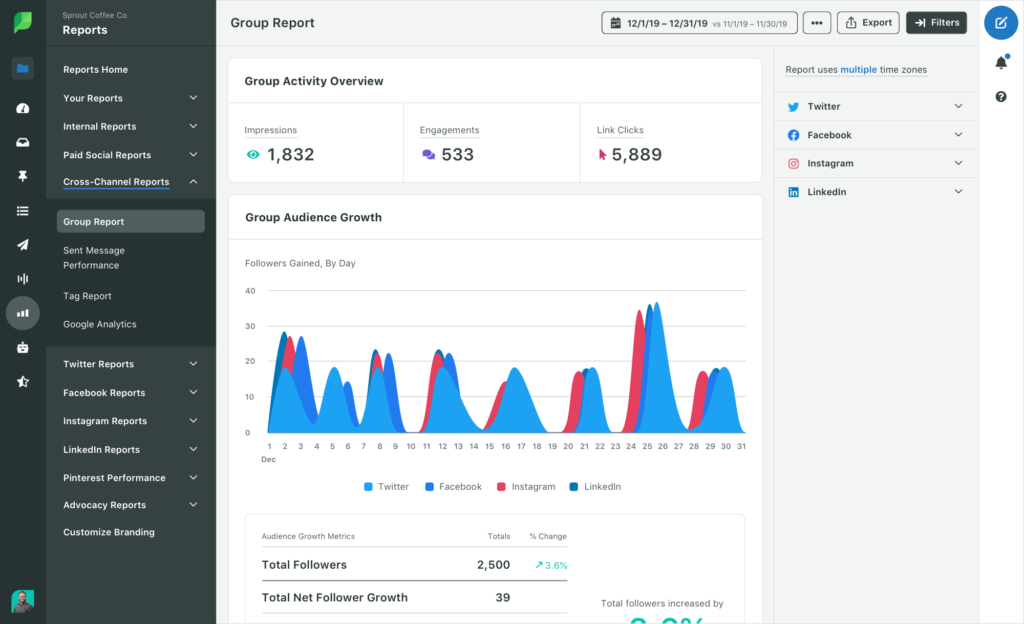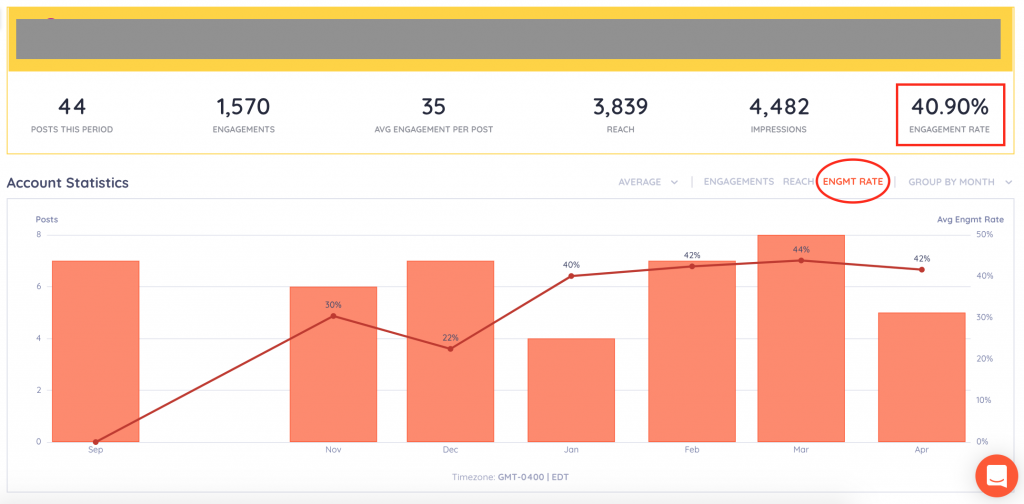Social media has become an essential part of businesses’ digital marketing strategy, allowing them to connect with their audience, drive traffic, and ultimately achieve their marketing objectives. While creating engaging content is crucial, measuring the success of your social media efforts is equally important. Social media engagement metrics can provide businesses with valuable insights into how their content is resonating with their audience and help them optimize their strategy for better results. In this post, we will explore the various metrics businesses can use to measure social media engagement and how they can use these metrics to make data-driven decisions for their social media strategy. Whether you’re just starting with social media or looking to take your strategy to the next level, understanding social media engagement metrics is essential for success.
I. Likes:
Likes are the most basic metric for measuring social media engagement. They are an indication that your audience is engaging with your content and finding it valuable. However, likes alone do not provide a complete picture of engagement and should be used in conjunction with other metrics to gauge the true effectiveness of your social media strategy. It is important to note that likes can be somewhat of a vanity metric, as they do not necessarily translate to increased revenue or business success. That being said, likes can still be a valuable metric when used in conjunction with other engagement metrics to help inform your content strategy and understand which types of content resonate with your audience.

II. Comments:
Comments are a more significant indicator of engagement as they require a higher level of effort and engagement from your audience. Comments provide valuable feedback on your content and can help you understand your audience’s needs and preferences. By engaging with your audience through comments, you can build a sense of community around your brand and create deeper connections with your followers. Moreover, comments can also help you identify potential issues or areas for improvement, such as customer complaints or suggestions for new content. Overall, comments provide valuable insights that can help you improve your social media strategy and build a more engaged audience.
III. Shares:
Shares are a crucial metric for measuring the reach and impact of your social media content. When your audience shares your content, it reaches a broader audience and can drive more engagement and conversions. Shares are a powerful way to expand your brand’s reach and gain exposure to new audiences, making it an essential metric to track. Additionally, shares can also be an indicator of brand loyalty and advocacy, as individuals are more likely to share content that aligns with their values or interests. Therefore, focusing on creating shareable content can help you increase your reach and build a more loyal following.

IV. Click-Through Rates (CTR):
Click-through rates are a metric that measures the number of clicks on a link in your social media content. CTR indicates that your content is driving action from your audience and can help you optimize your content for better engagement and conversions. By tracking CTR, you can understand which types of content and calls-to-action are most effective at driving traffic to your website or other platforms. This can help you optimize your social media strategy and create more effective content that drives action from your audience.
V. Engagement Rate:
Engagement rate is a metric that measures the overall level of engagement on your social media content, taking into account likes, comments, shares, and other metrics. Engagement rate provides a holistic view of your social media engagement and can help you optimize your content for better engagement and reach. By tracking engagement rate, you can understand which types of content and posts are most effective at driving engagement and adjust your social media strategy accordingly. Moreover, engagement rate can also help you benchmark your performance against industry averages or competitors, providing valuable insights into the effectiveness of your social media strategy.

In conclusion, measuring social media engagement is essential for optimizing your social media strategy and driving better results. By tracking metrics such as likes, comments, shares, click-through rates, and engagement rate, businesses can understand their audience’s needs and preferences and create content that resonates with them.
Key Points Summary:
- Likes indicate basic engagement and are an essential metric to track.
- Comments provide valuable feedback and insights into your audience’s preferences.
- Shares help to increase reach and drive more engagement and conversions.
- Click-through rates indicate that your content is driving action from your audience.
- Engagement rate provides a holistic view of your social media engagement and can help you optimize your content for better engagement and reach.
Contact us today to learn how we can help you measure and optimize your social media engagement for better results.





